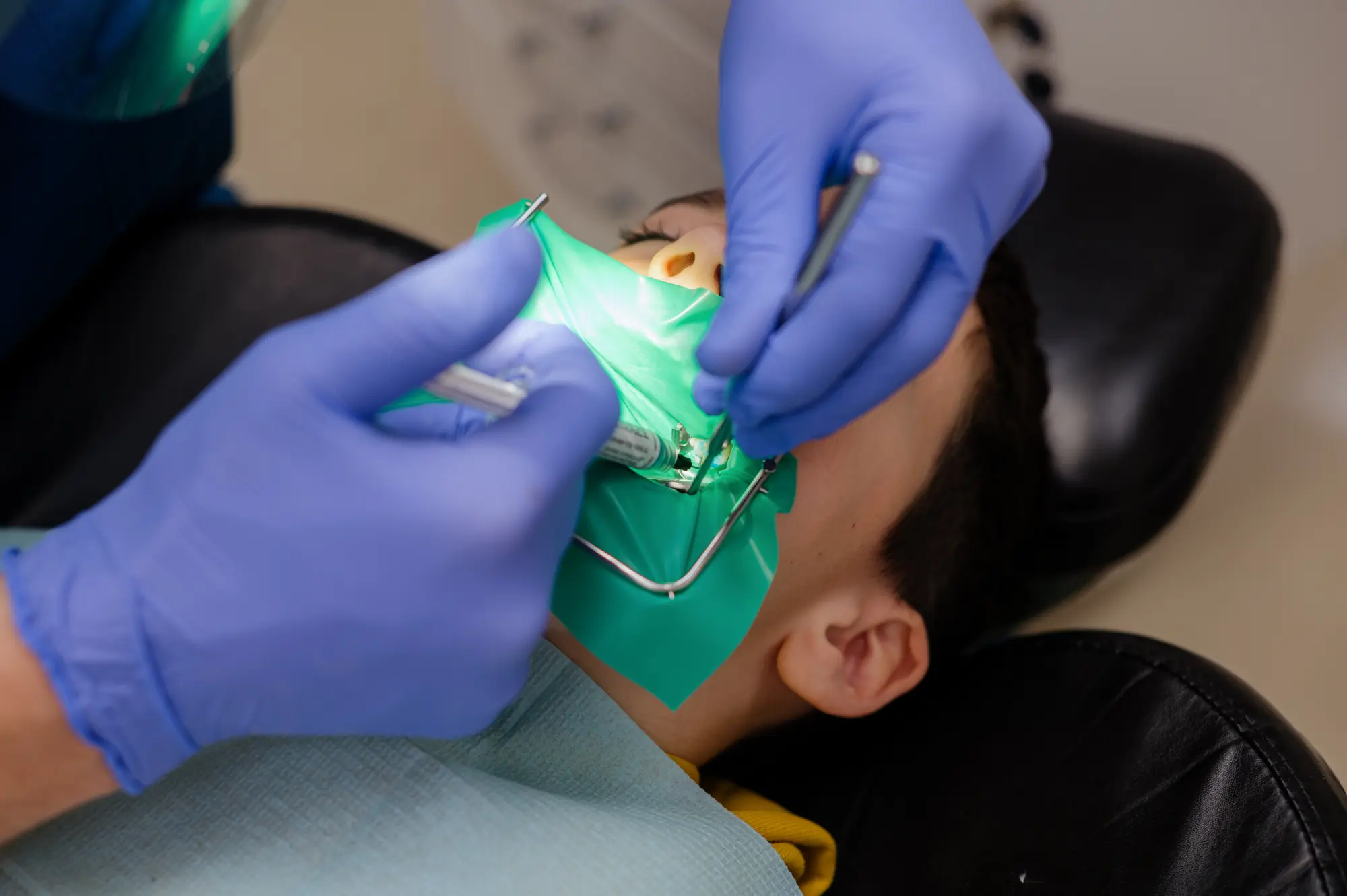
For many people, a visit to the dentist can evoke feelings of anxiety and fear. However, advancements in dental care have introduced various types of sedation dentistry, offering a more comfortable and stress-free experience. Whether you experience mild unease or severe dental phobia, understanding the available sedation options can help you make informed decisions about your dental care. In this blog, we will explore the different types of sedation dentistry and how they can transform your dental visits into a relaxing experience.
Commonly known as "laughing gas," inhalation sedation is a mild sedative that is inhaled through a mask placed over your nose. It is an effective option for patients with mild anxiety and is particularly suitable for children since it involves no pills or shots.The advantages of inhalation sedation include:
Inhalation sedation is a safe and effective way to help patients relax, ensuring a more pleasant dental experience.
Oral sedation is a popular choice for patients who experience moderate anxiety during dental visits. It involves taking a prescribed medication prior to your appointment to help you relax. The level of sedation can range from minimal to moderate, depending on the dosage. Key benefits of oral sedation include:
While you remain awake and responsive, you will feel significantly more relaxed, making it easier to undergo dental procedures without stress.
IV sedation is a deeper form of sedation dentistry that is administered directly into the bloodstream. It is ideal for patients with severe dental anxiety or those undergoing extensive procedures. Benefits of IV sedation include:
While under IV sedation, patients remain in a semi-conscious state, allowing them to respond to verbal cues while feeling completely at ease.
General anesthesia is the deepest form of sedation and is typically reserved for complex dental procedures or patients with extreme dental phobia. Under general anesthesia, patients are completely unconscious and unaware of the procedure. Key considerations include:
Although general anesthesia is not commonly used in routine dental care, it is a valuable option for those who need it, ensuring a pain-free and anxiety-free experience.
At Dental Haven, we understand that every patient has unique needs and concerns. Dr. Megan Girmscheid and our compassionate team are dedicated to providing personalized care that prioritizes your comfort and well-being. If you're in Franklin, TN, and interested in learning more about sedation dentistry, we invite you to reach out to us at (615) 861-3035 to schedule an appointment. Let us help you achieve a healthier smile with peace of mind.
Monday: 8am-3pm
Tuesday: 9am-4pm
Wednesday: 9am- 4pm
Thursday: 9am-5pm
